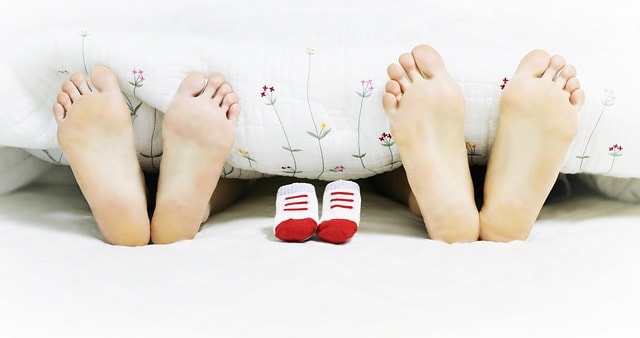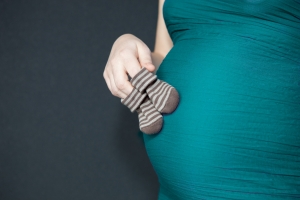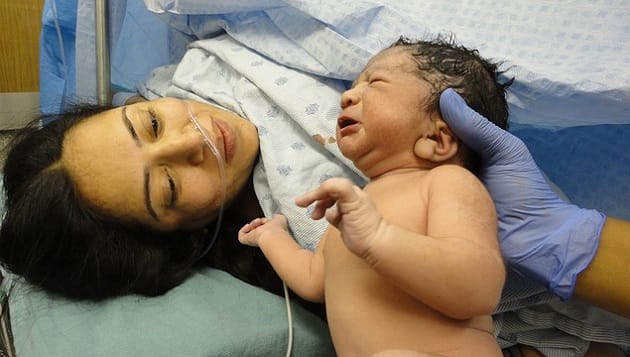There’s no doubt that pregnancy shapes and changes every woman’s body. The process of carrying a child is enough to significantly alter the way your body carries itself, as it must adapt and evolve to coincide with a successful pregnancy. And while it is no secret that your belly will grow and you will gain weight throughout the course of each trimester, there are certainly other things that change and grow in shape and size as well that may surprise you.
So you’ve carried your baby and successfully delivered, expecting your body to go back to its normal self. But wait, your shoes are a little tighter than usual, and you’re no longer pregnant, so it can’t be the swelling.
What’s going on? Believe it or not, your feet are likely to get bigger during pregnancy, and likely to stay that way as well.
A lot of changes to the body during pregnancy are temporary fixtures designed to adapt to the body carrying a baby, yet there are changes that remain even after pregnancy. Your feet can grow and change in size and shape as well during pregnancy.

There is a pregnancy hormone known as relaxin that the body produces during a pregnancy. Relaxin loosens the joints in the pelvic area in order to allow the baby to smoothly make its way through the birth canal. Relaxin also tends to loosen all your other joins and ligaments as well, especially the ligaments in the foot, which can allow foot bones to spread.
This growth is often gradual, so you may not even realize the change is happening until you start to feel your shoes getting a little tighter. At this point you may defer the problem to feet swelling due to your pregnancy.
Women will also tend to develop flatter feet during pregnancy due to the excess weight that flattens out the foot arches. This can cause your foot to increase in width or length.
How much will your feet grow?
For most women, during pregnancy their feet can grow up to a half shoe size. These shape and size changes are permanent. The arch height and rigidity of the foot will likely decrease from the first trimester to five months after the child is born. This loss of arch height is permanent, so your feet will remain flattened.
Your feet will also likely feel bigger due to swelling at the time of pregnancy, but once the baby is delivered that swelling and excess weight should recede. To ease foot swelling during pregnancy, try soaking your feet in cool water and propping them up to decrease this swelling from weight gain and extra fluids.
Studies have shown that the changes in foot size are typically only applicable to a woman’s first pregnancy, so don’t worry if this is a concern for future pregnancies; your feet won’t just keep growing with every baby you have. Changes in foot pressure are not typically detected.
What affect can this have?
While changes in foot growth are pretty harmless most of the time, there are theories that these changes in women’s feet during pregnancy can increase the risk for arthritis in the feet, knees, hips, and spine.
This is one thought as to why women who have been through pregnancies are at a higher risk for arthritis than men. Flattened feet can also cause a strain in the ligament’s in the foot sole, which can put extra strain on the knees and cause a gait change.
It’s important to switch to a bigger shoe size if you begin to feel tightness in your footwear, as wearing too tight shoes can also lead to further problems such as corns, ingrown toenails, and bunions. Switching to better fitting, more comfortable footwear is key to preventing any foot problems in the future.
Feet growth in pregnancies is common. If you’re concerned about having big feet, you don’t need to worry as the changes aren’t drastic at all. Just be sure to keep yourself and your feet comfortable.



